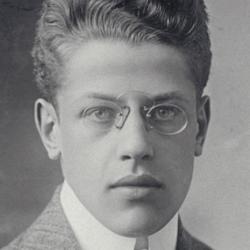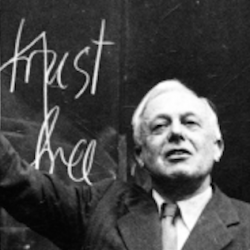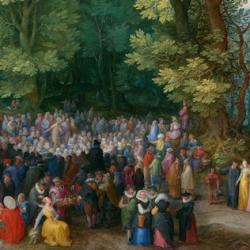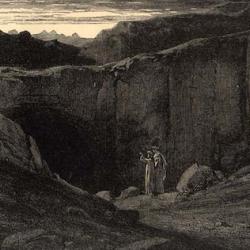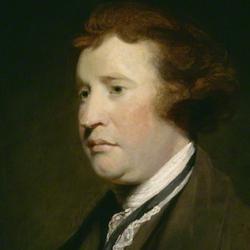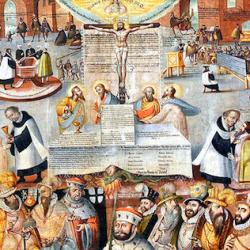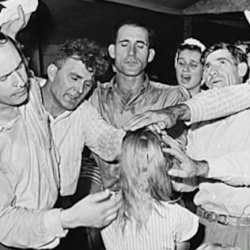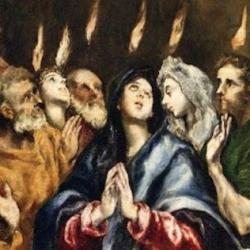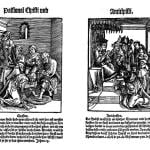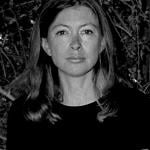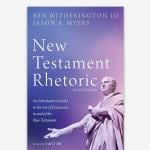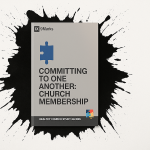Everyone wonders – children, “savages,” men and women at one another. Philosophers wonder too, Rosenzweig says (Understanding the Sick and the Healthy), but they respond to wonder differently from the rest of us. The rest of us are “adrift on the river Life, borne on, wonderment and all.” We drift and go on living, and “at last, the numbness caused by his wonder passes” (40). The philosopher i.e. one who cannot wait, who is “unwilling to accept the process of... Read more

